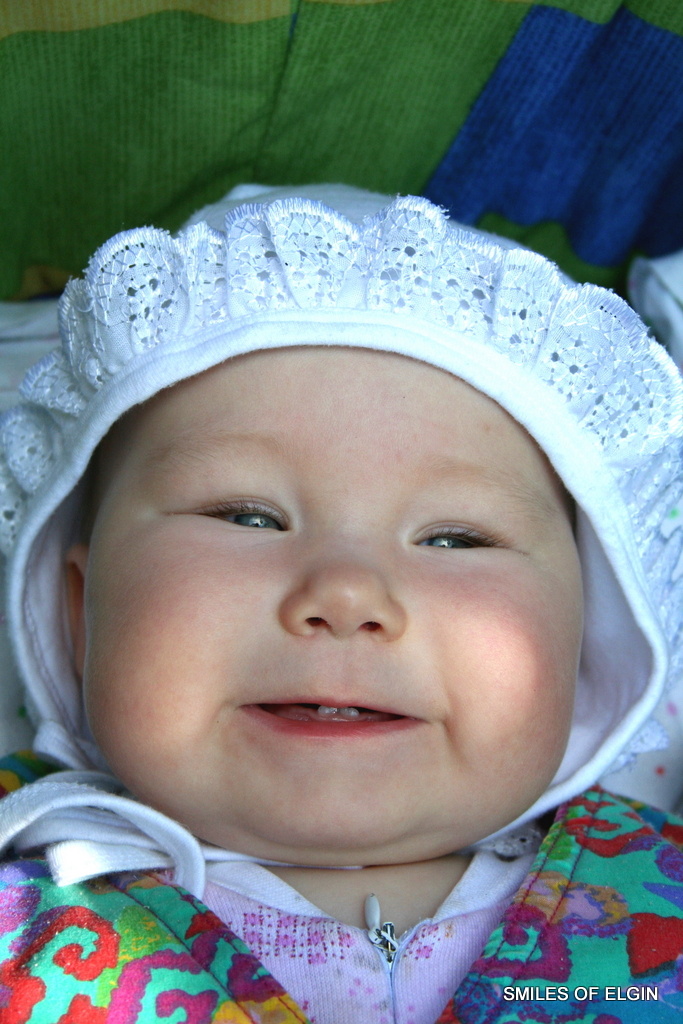1209 Dundee Avenue Elgin, IL 60120
Baby Bottle Tooth Decay
Maintaining the health of primary teeth is extremely important and not enough emphasis is put on their importance. Even though primary (baby) teeth will fall out and will be replaced, they have the significant role for a child.
Baby teeth aid enunciation and speech production, help the child to chew food correctly, maintain space in the jaw for adult teeth, and prevent the tongue from posturing abnormally in the mouth. When baby teeth are lost prematurely due to decay or trauma, adjacent teeth shift to fill the gap. This phenomenon can lead to impacted adult teeth, years of orthodontic treatment, and a poor aesthetic result.
What is baby bottle tooth decay?
The term “baby bottle tooth decay” refers to early childhood caries which occur in infants and toddlers. Baby bottle tooth decay may affect any teeth but it is mostly prevalent on the front teeth. If baby bottle tooth decay becomes too severe, the pediatric dentist will not be able to save the affected tooth. In such cases, the damaged tooth is extracted, and a space maintainer is provided to prevent misalignment of the remaining teeth.
How does baby bottle tooth decay start?
Acid-producing bacteria in the oral cavity cause tooth decay. The cause of baby bottle tooth decay is frequent exposure to sweetened liquids. These liquids include breast milk, baby formula, juice, and sweetened water – almost any fluid a parent might fill a baby bottle with.
Especially when sweetened liquids are used as a naptime or nighttime drink, they remain in the mouth for an extended period of time and in this stage oral bacteria feed on the sugar on and around the teeth and then emit acids. These acids attack tooth enamel. The result is cavities and tooth decay.
Home Prevention of Baby Bottle Tooth Decay
Baby bottle tooth decay can be completely prevented by a committed parent. These are some guidelines:
- Try not to transmit bacteria to your child via saliva exchange. Rinse pacifiers and toys in clean water
- Cleanse gums after every feeding with a clean washcloth.
- Use an appropriate toothbrush along with an ADA-approved toothpaste to brush when teeth begin to emerge.
- Use a pea-sized amount of ADA-approved fluoridated toothpaste when the child has mastered the art of “spitting out” excess toothpaste.
- Do not place sugary drinks in baby bottle. Only fill these containers with water, breast milk, or formula.
- Do not dip pacifiers in sweet liquids (honey, etc.).
- Review your child’s eating habits. Eliminate sugar-filled snacks and encourage a healthy, nutritious diet.
- Do not allow the child to take a liquid-filled bottle to bed.
- Clean your child’s teeth until he or she reaches the age of seven.
- Ask your Elgin dentist to review your child’s fluoride levels.

Office Hours
| Monday | 10:00 to 6:00 |
| Tuesday | 10:00 to 6:00 |
| Wednesday | 11:00 to 8:00 |
| Thursday | 10:00 to 6:00 |
| Friday | 10:00 to 6:00 |
| Saturday | 8:00 to 3:00 |
| Sunday | Appointment only |



Recent Comments